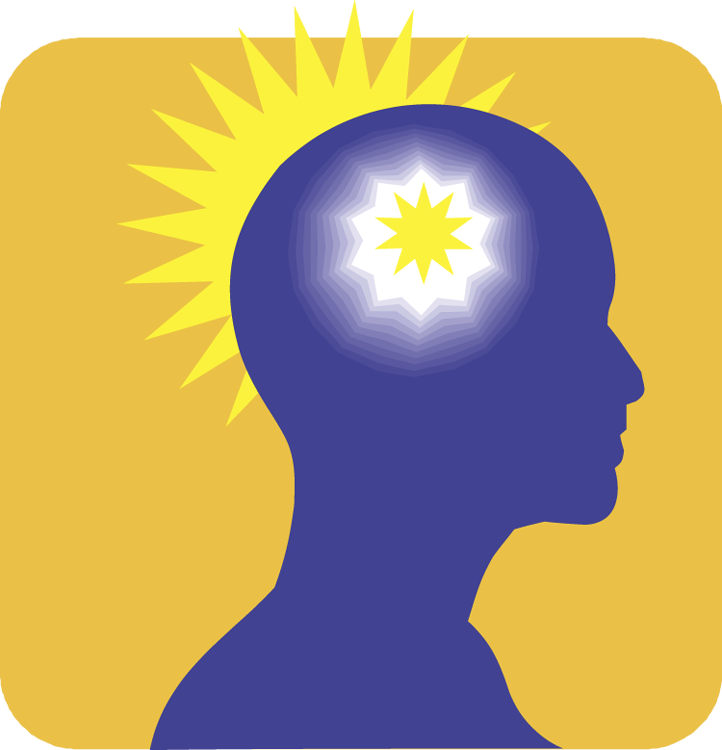Lesson 1 Overview
Welcome to the first unit and lesson, which is connected to the first week's reading assignment in your textbook. Before we begin, we should cover a few ways to make your learning experience as helpful and informative as possible.
- First, I encourage you to follow the lesson plan as outlined in “Lesson Tasks.”
- Read the instructor’s commentary
- Complete the text readings,
- Review the power point slides
- Review any additional learning aides (e.g. watch video clips, read case study, etc.)
- Complete the lesson quiz (this will be either multiple choice or short answer).
Get Thinking Questions

Ok, let’s begin. Many of you may want to be jumping right into a review of the specific disorders such as schizophrenia, anxiety disorders, etc. However, we must first review the history of our understanding of mental disorders, and how they have changed over the course of history.
First, I would like you to consider the following questions:
• What do you think would be the available mental health services available if you lived in the United States in 1900? How might they be different that what services are available today?
• How do we define a mental disorder? If someone reports being depressed, what does that actually mean? If someone has felt depressed for a few weeks, does that mean they have clinical depression? Does depression change over time, or is it a fixed condition that is stable over time? How about schizophrenia?
• Let’s say that you or someone you know has experienced clinical depression. What caused it? Which of the following do you think contributed the most to this depression: genetics, biological hard wiring, temperament or personality traits, early childhood stressors, job loss, bereavement, health impairment, divorce, or unconscious factors?
Please continue to the next page for a wrap up of the Lesson 1 Overview and a link to the Lesson 1 Power Point Presentation.

Lesson 1 Overview Wrap Up
Many of you may be taking this class because you are interested in working in the field of applied psychology (i.e. clinical psychology, counseling psychology, school psychology, etc.). You may be fascinated by psychological research and the experimental method, or you may feel that you have the skills and interest to help people who may be suffering. If you are interested in becoming a psychologist, it is likely that you will need to attend graduate school. I am including the following article to give you an idea of what this may entail. An article in American Psychologist (Purdy, J. E., Reinehr, R. C., & Swarx, J. D.,1989, 44, 960-961) reported on results of a survey of 106 graduate programs in experimental, clinical, and counseling psychology regarding their admissions criteria.
The following is a summary of those conclusions:
“The ideal graduate school applicant has a high GRE combined score, strong letters of recommendation, some research experience, and a high overall GPA, with particularly high grades for the final two years. For applicants for a clinical or counseling program, previous clinical experience is desirable. Undergraduate coursework would include statistics, experimental methods, and at least some laboratory experience” (p. 961).
This concludes the Lesson 1 Overview. At this time please continue with the Lesson 1 Instructor Commentary.

